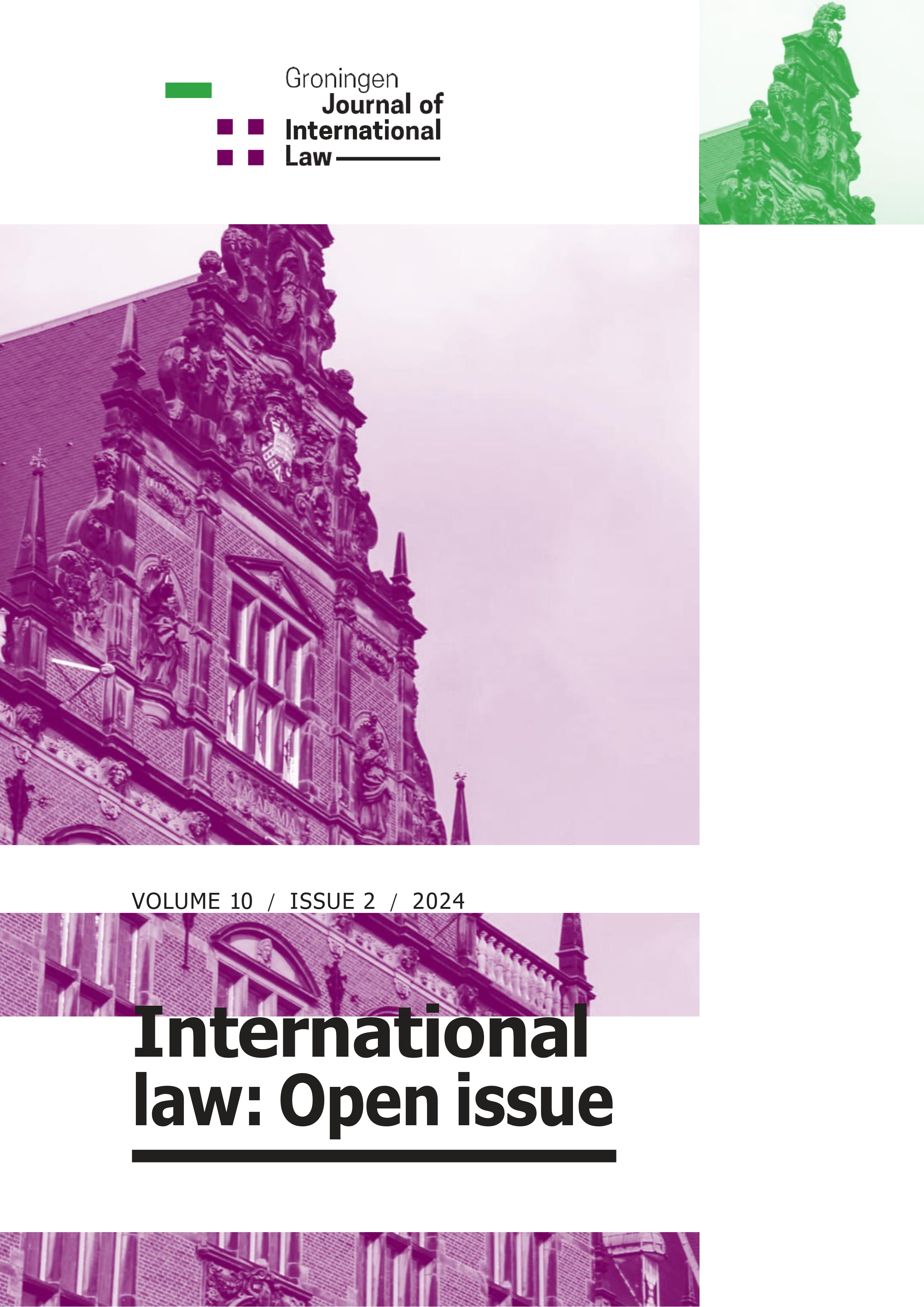ECOWAS Court of Justice: its linkage with the African Charter on Human and People’s Rights
DOI:
https://doi.org/10.21827/GroJIL.10.2.51-71Keywords:
ECOWAS COURT, JURISDICTION, HUMAN RIGHTS, LINKAGE, ENFORCEMENT OF JURISDICTIONAbstract
This article considers the Community Court of Justice (CCJ) of the Economic Community of West African States (ECOWAS) and its linkage with the African Charter of Human and People’s Rights (ACHPR). No doubt when ECOWAS was established in 1975, the main objective was the economic integration of the sub-regional body. At the beginning, the CCJ was listed as one of the mandates of the economic bloc, but it was not until 1991 that the first Protocol which created the CCJ and which gives its composition and its functioning was adopted. The Revised Treaty of 1993 also provided for the establishment of the CCJ in its Article 15. The Protocol now makes references to the African Charter on Human and Peoples Rights (ACHPR) of the African Union (AU). Not only this, the Protocol also made reference to other international human rights instruments. The main objective of this work is to bring to fore that the jurisdiction of the CCJ is expansive and broad, and that the CCJ failed to utilise the expansive jurisdiction in the matter of the late President of Chad, Hissene Habre, against the Republic of Senegal, by ruling that the Senegalese court could not try him because this will violate the principle of non-retroactivity of penal law. This ruling led to the establishment of the Extraordinary African Chambers (a special criminal tribunal) that later tried Habre. Also, where it is appropriate and desirable, a comparison between, on the one hand, the CCJ and, on the other hand, African sub-regional courts and courts of international organisations will be made. It is also the contention of this article that the CCJ ought to have an Appeal Chambers, as a core international best practice. This work will adopt the doctrinal methodology and the data collection method is content analysis.
Published
Issue
Section
Copyright (c) 2024 Joel Adelusi Adeyeye

This work is licensed under a Creative Commons Attribution-NonCommercial-NoDerivatives 4.0 International License.
Open Access Creative Commons


